|
Thich Nhat Hanh: Miracle of Mindfulness
I like to walk alone on country paths, rice plants and wild grasses on both sides, putting each foot down on the earth in mindfulness, knowing that I walk on the wondrous earth. In such moments, existence is a miraculous and mysterious reality. People usually consider walking on water or in thin air a miracle. But I think the real miracle is not to walk either on water or in thin air, but to walk on earth. Every day we are engaged in a miracle which we don't even recognize: a blue sky, white clouds, green leaves, the black, curious eyes of a child-- our own two eyes. All is a miracle
1 Comment
A few years ago a friend introduced me to J. Philip Newell's Celtic Benediction, and his morning and evening prayers continue to be a blessing. I've looked back through past photos for images that go with this Sunday morning prayer. I watch this morning for the light that the darkness has not overcome. I watch for the fire that was in the beginning and that burns still in the brilliance of the rising sun. I watch for the glow of life that gleams in the growing earth and glistens in sea and sky. I watch for your light, O God, in the eyes of every living creature and in the ever-living flame of my own soul. If the grace of seeing were mine this day
I would glimpse you in all that lives. Grant me the grace of seeing this day. Grant me the grace of seeing. Delight was not the primary emotion I experienced when I encountered these garden spiders in the prairie plantings on campus earlier this month. Especially when I looked up from photographing a clump of seedheads and realized I was nearly surrounded by garden spiders and their webs. Despite fond memories of Charlotte's Web, and appreciation for the way Charlotte uses her writing/weaving skills to come to the aid of Wilbur the pig, my visceral images were more of Bilbo's encounter with giant spiders, and of the giant spiders in the forest at Hogwarts. Thanks a lot, Tolkien and Rowling. And it is really not fair. Garden spiders are harmless -- to humans anyway. Their webs are works of art I can appreciate, especially when they catch early morning light in a dewy outline. I'm sure there is a plethora of fascinating things to be learned by those willing to look at the spider with a attentive, compassionate spirit. Still, my first reaction is an "Ewww," especially with these large garden spiders. And why is that? They are no bigger than a monarch butterfly, and their color scheme -- yellow and black -- is not far from the orange and black of a monarch. Yet I'm drawn to the butterfly and flinch from the spider. I set my spider photos aside, unable to see a spark of delight in them. And then I read this poem by Mary Oliver, from her book Swan: poems and prose poems. And I take delight in her attentive, compassionate perspective. Ah, yes. Spider, butterfly, human, all doing our best to create our homes and find food, making our way as best we can in this pretty, this perilous world. Torn I tore the web of a black and yellow spider in the brash of weeds and down she came on her surplus of legs each of which touched me and really the touch wasn't much but then the way if a spider can she looked at me clearly somewhere between outraged and heartbroken made me say "I'm sorry to have wrecked your home your nest your larder" to which she said nothing only for an instant pouched on my wrist then swung herself off on the thinnest of strings back into the world. The pretty, this perilous world. Mary Oliver And just in case you need a break from looking at spiders, here's another image from the same day.
Looking back through my photos of Colorado trees, I can't help but think of Mary Oliver's poem, When I Am Among the Trees:
When I am among the trees, especially the willows and the honey locust, equally the beech, the oaks and the pines, they give off such hints of gladness, I would almost say that they save me, and daily. I am so distant from the hope of myself, in which I have goodness, and discernment, and never hurry through the world but walk slowly, and bow often. Around me the trees stir in their leaves and call out, "Stay awhile." The light flows from their branches. And they call again, "It's simple," they say, "and you too have come into the world to do this, to go easy, to be filled with light, and to shine." (Thirst, 2006) For the past couple years I've had a picture/poem posted on my bulletin board, one John wrote and gave me for Epiphany 2009. It's a little hard to read there, with white print on a picture of evening sun on icy branches (the one above). For some reason I took it down the other day and re-read it.
He pulled together a number of threads from our experiences in 2008 -- if you check my 11-19 post, you can read my poem on the episode with the seagulls. We were both surprised to discover threads that had no source in 2008, but that resonate with strands of our lives today, including this blog (see section 4). Becoming -- by John Glick 1. A band of sun-fire Pierces dark December clouds Illuminating. One by one seagulls Enter the light, winging southward, Each bearing a prayer. On and on they come Transfixed I stand; thank God for Serendipity. 2. Flame's way focuses the mind; A candle, A campfire, A raging California hillside. On this day of the longest night, When a father wonders if he'll have a job next month, When a mother's doctor tells her she has cancer, When a family huddles in the cold because they could not pay the utility bill, We yearn for the light. We yearn for God's light, Like watchmen ache for the dawn. Flame of love also Focuses the mind, on A child, A friend, A community. 3. When deep comes darkness, Your love, O Lord, is a fire, Turning, transforming. You who walk with us Our hearts burn within; we Know When You break the bread. Ah, the flame within; First it kindles, then ignites Mind, body, soul. 4. Shadows are the evidence of light, Both the giver and the receiver, A shadow speaks the language of Shape, intensity and movement. Evening settles; Sipping tea my heart drinks in Trees a-fire with sun. They stretch their fingers Towards heaven, inviting "You too can be fire!" Used with permission. All rights reserved. November pulled up a gray cloud blanket last night, making today a good one for writing about a memory of light.
Three years ago, almost to the day (11-21-2008), I came out of the main seminary building at AMBS, heading towards my car, and had the great good fortune to witness an incredible combination of birds and sunset. I've tried finding words for the experience several times. Mary Oliver's Snow Geese almost fits, but also inspired me to try my own poem version. Glory of Gulls -- Sally Weaver Glick “Oh, to love what is lovely and will not last!” from Snow Geese, by Mary Oliver Mine were not geese, but gulls half-glimpsed, a white-winged swirl, sunset lit, against dark clouds. A few? A flock? I turned to look but found no end, no bound, no one last bird only more and more a migration, a jubilation, a glory of gulls. A river, ever flowing from the south, dim grey ghosts in a grey sky, till caught by the light they blaze into bright life and fly on northwards, a flurry now of golden notes floating drifting dancing a silent song, a thousand flickering flames, tongues of fire, fiery sparks scattered by the setting sun. I catch my breath, and drink delight. The gulls have gone and I've gone on, yet still I stand and gaze, gaze again and breathe out glory glory glory. |
My approach to contemplative photography --
"Pay attention. Be astonished. Tell about it." Mary Oliver in "Sometimes" Archives
August 2020
Categories
All
|
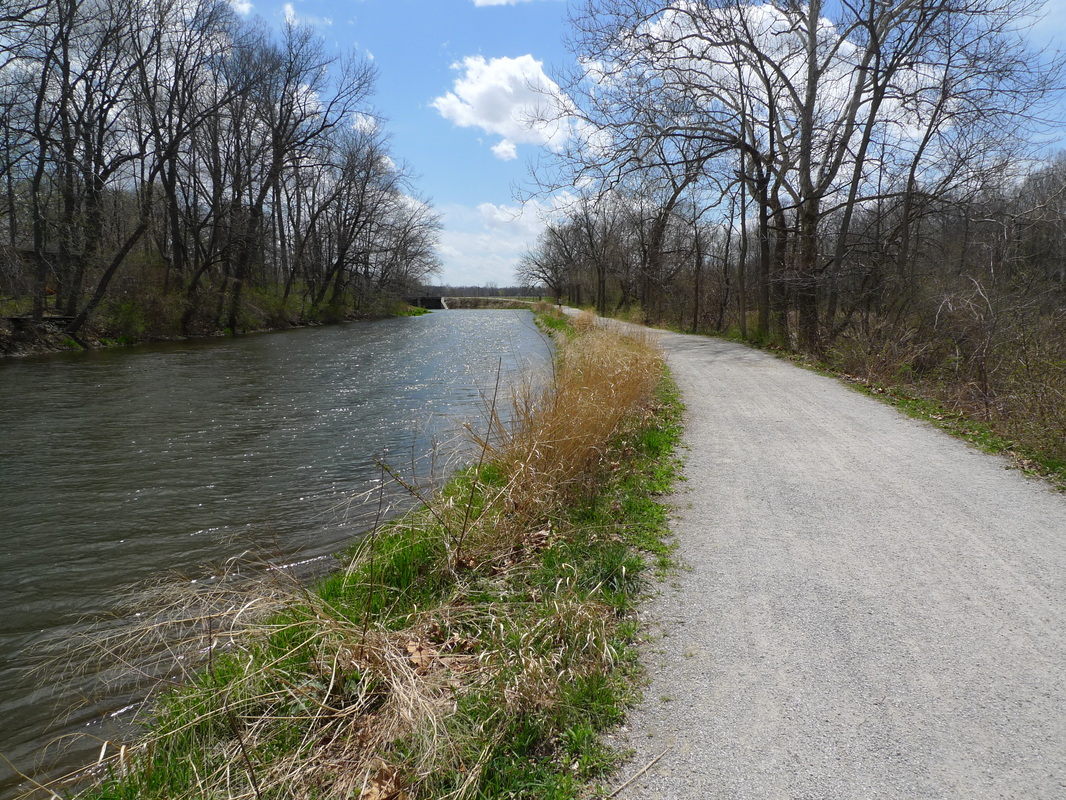
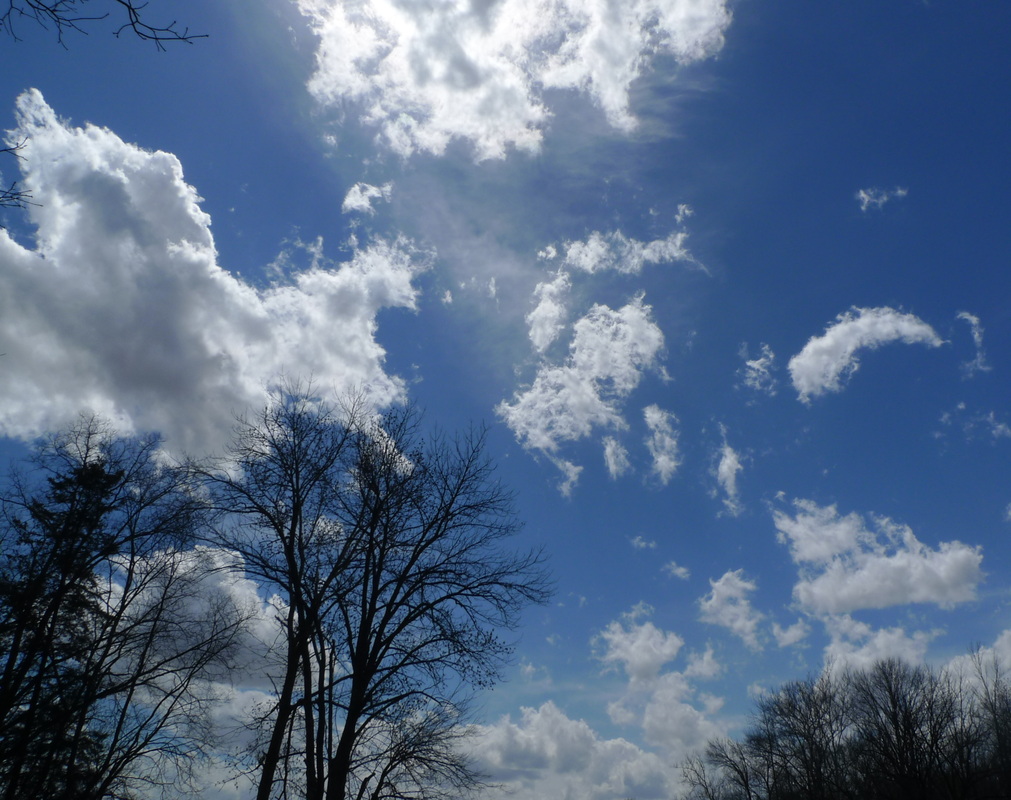
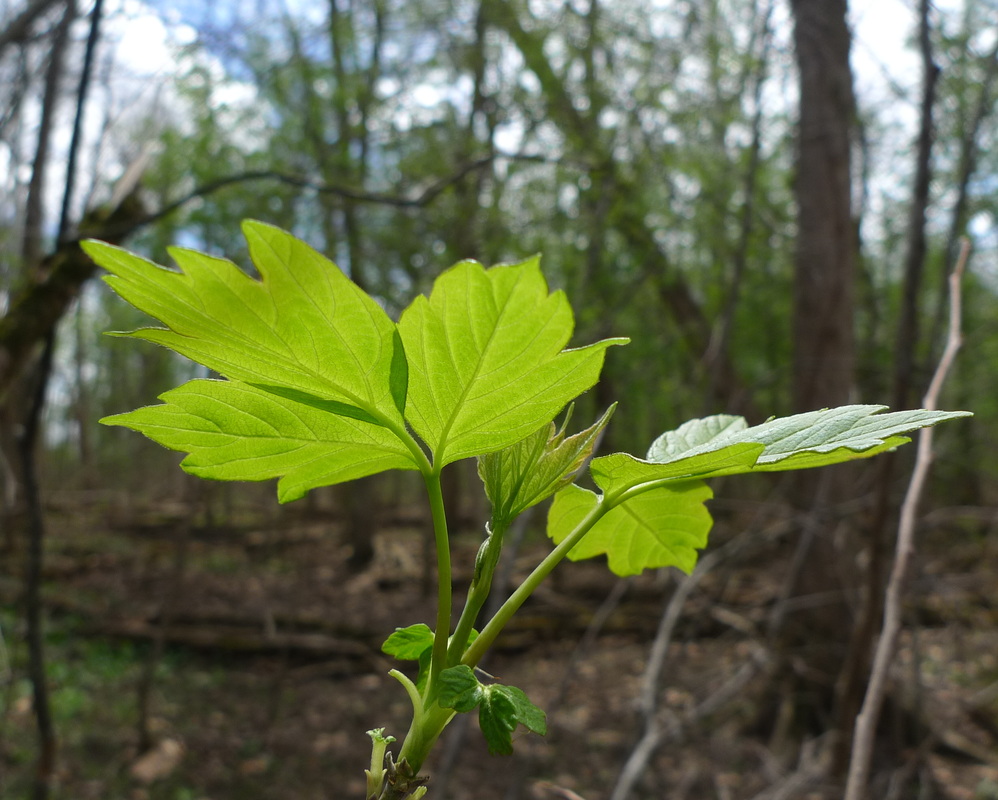
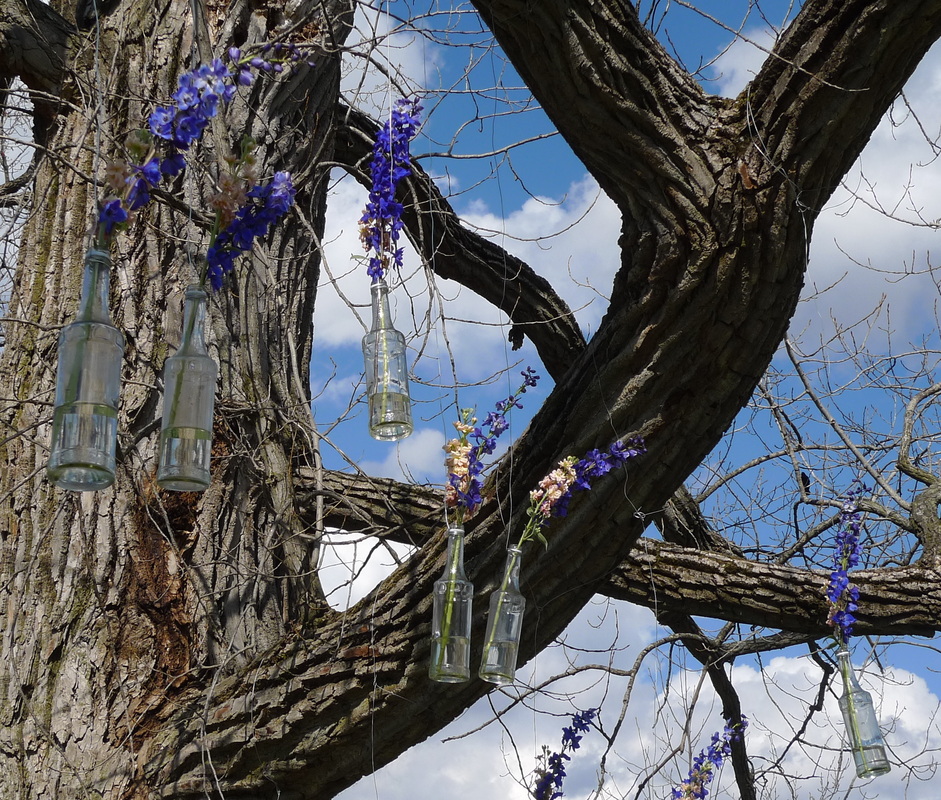
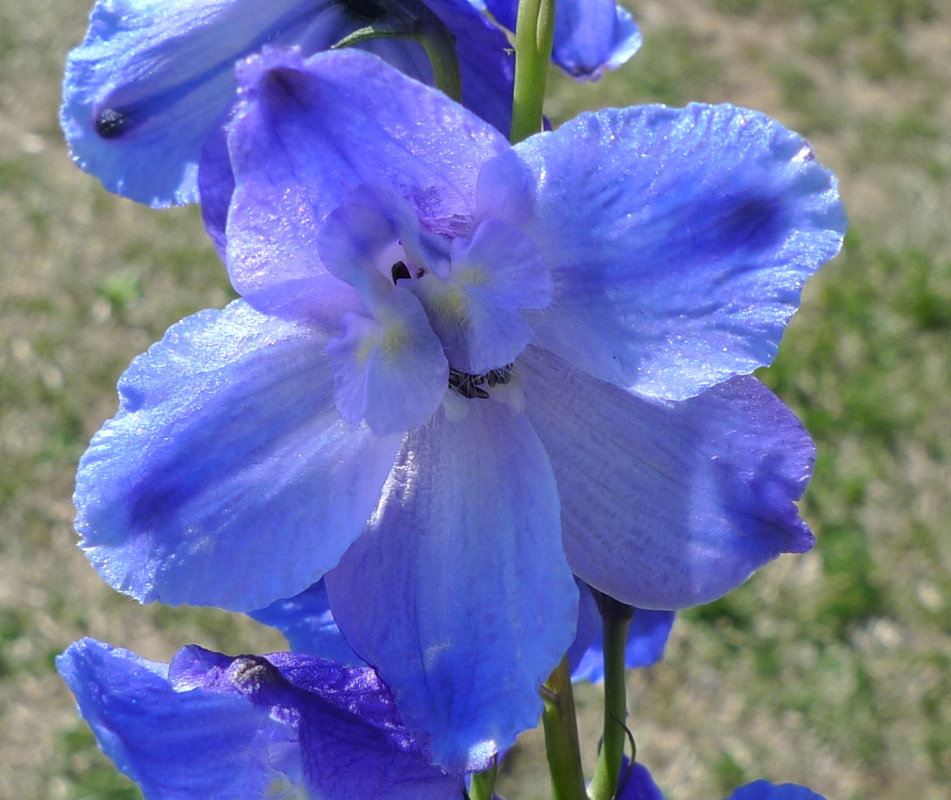
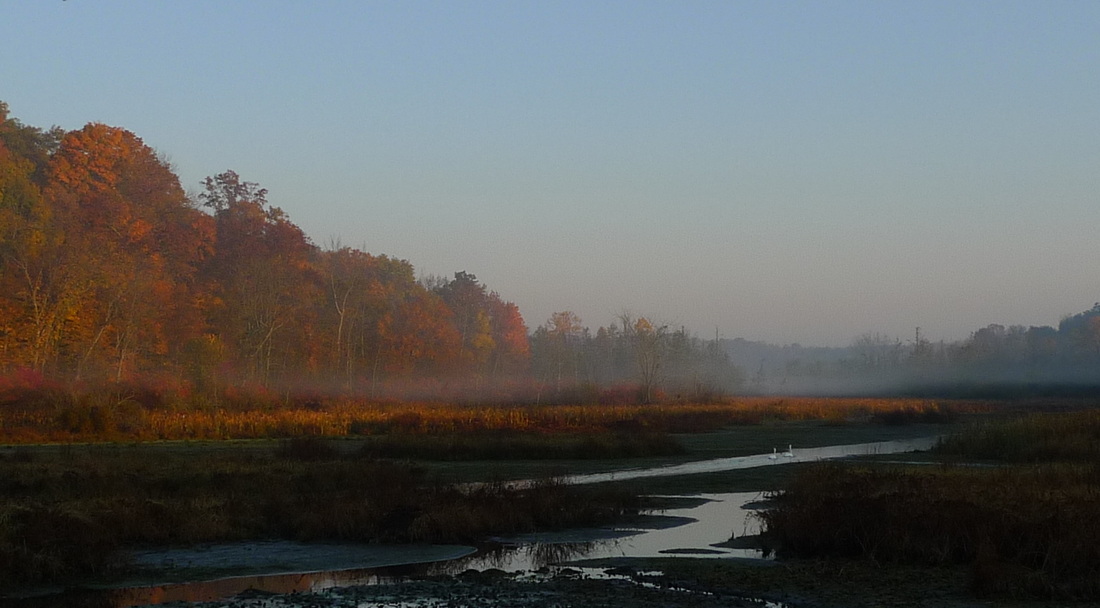
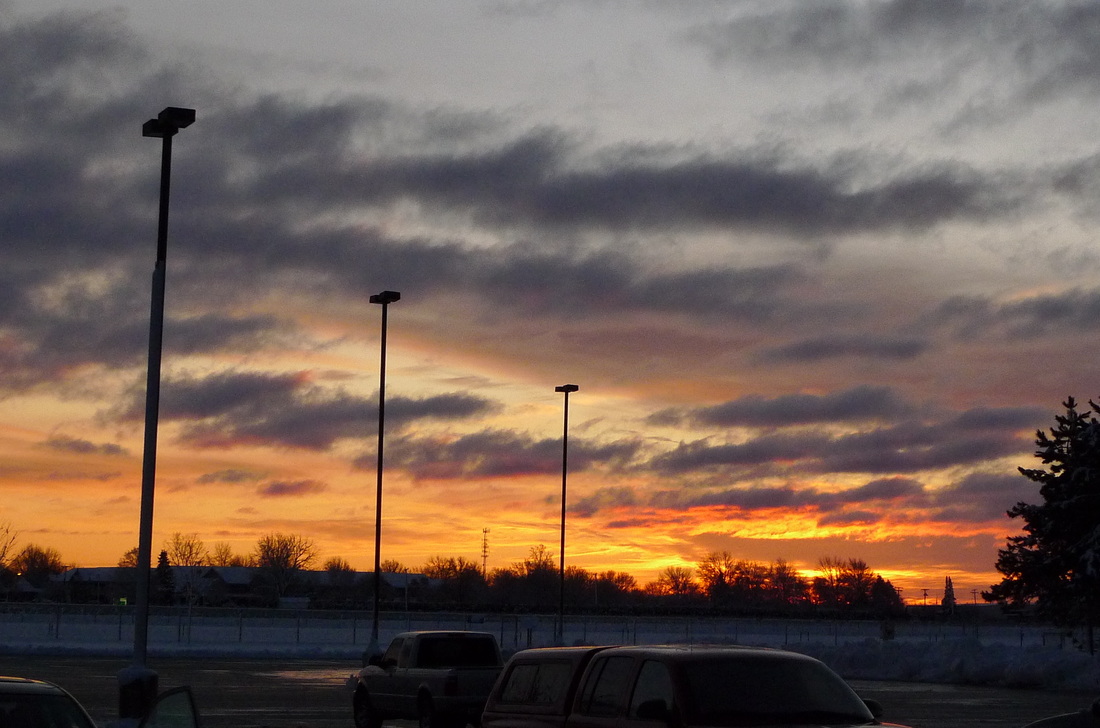
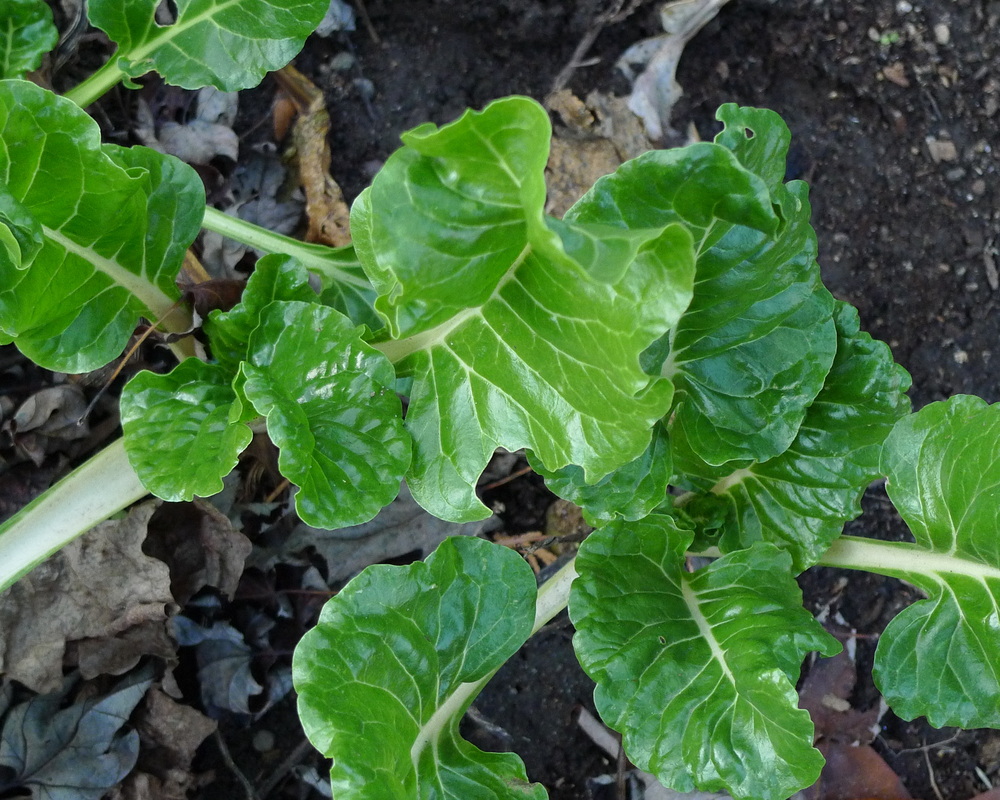
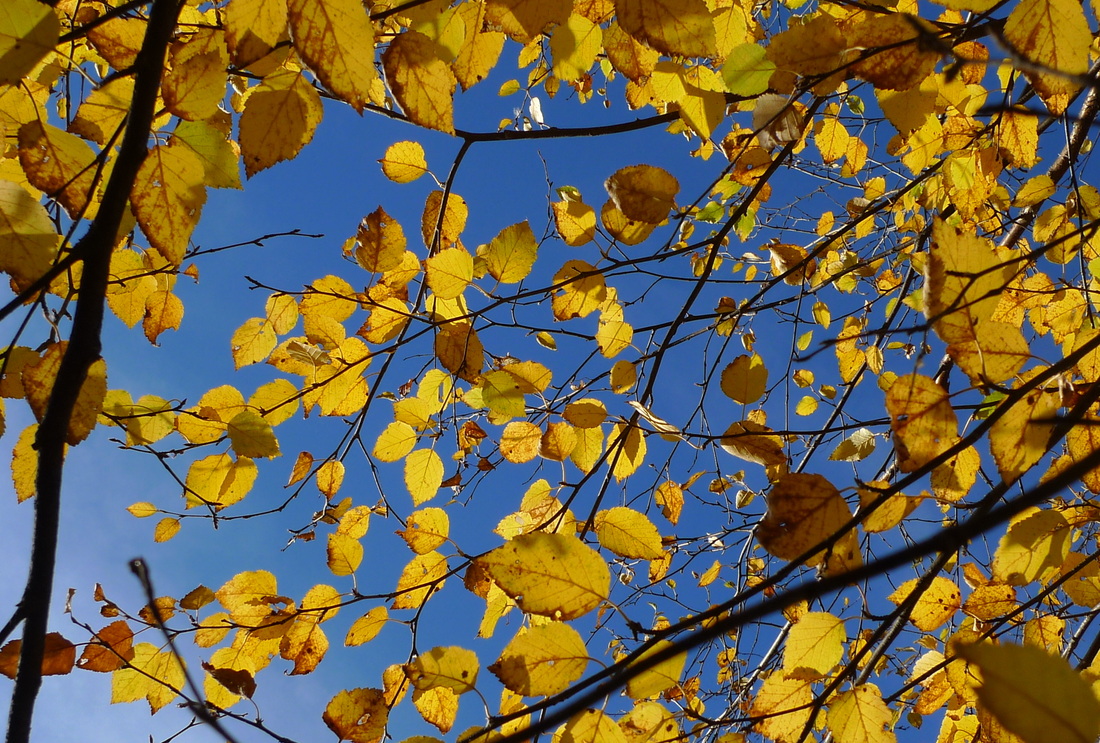
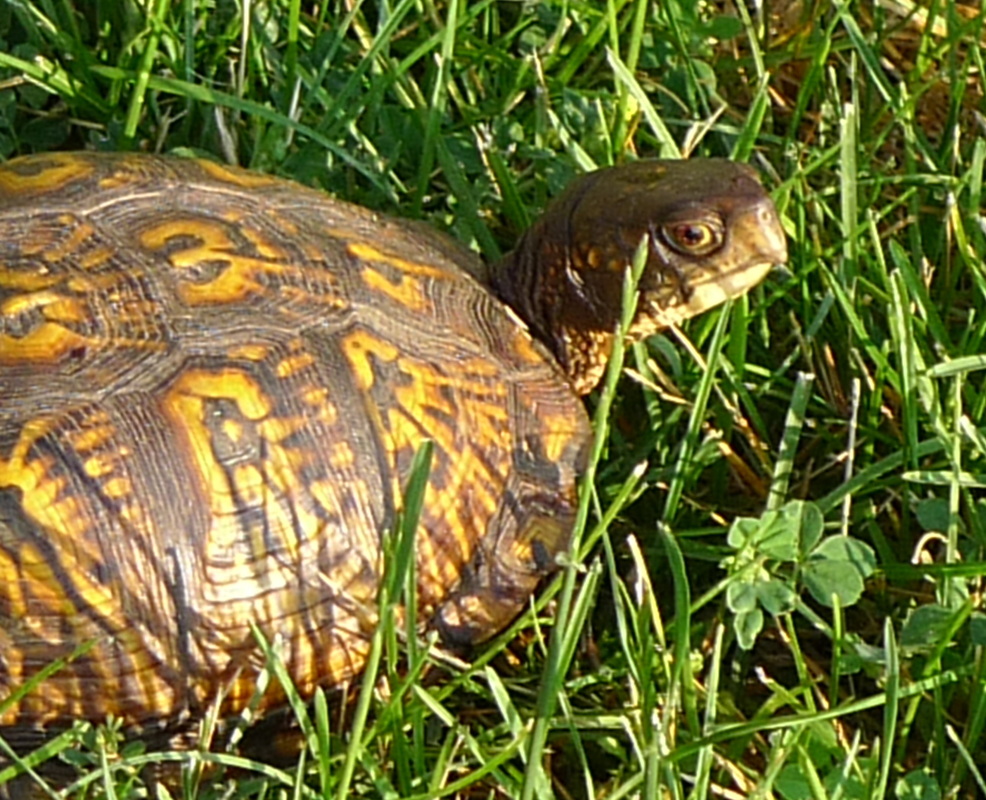
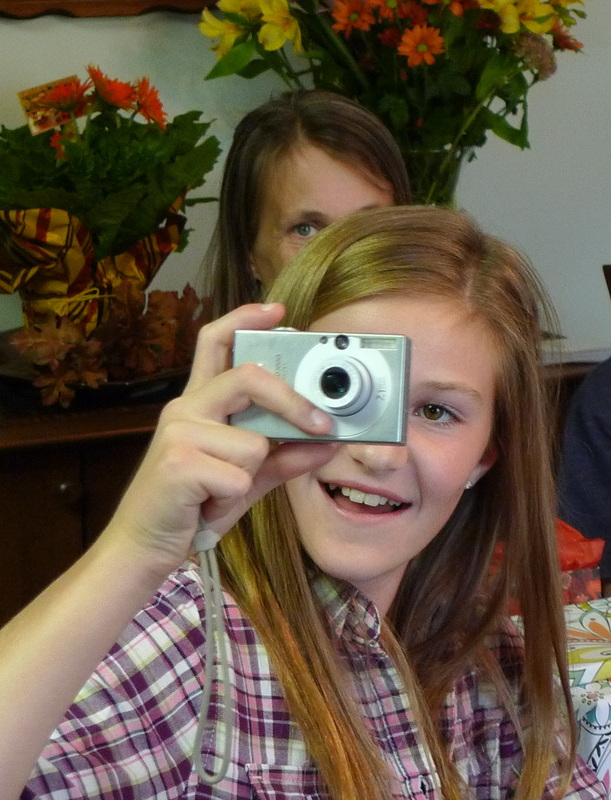
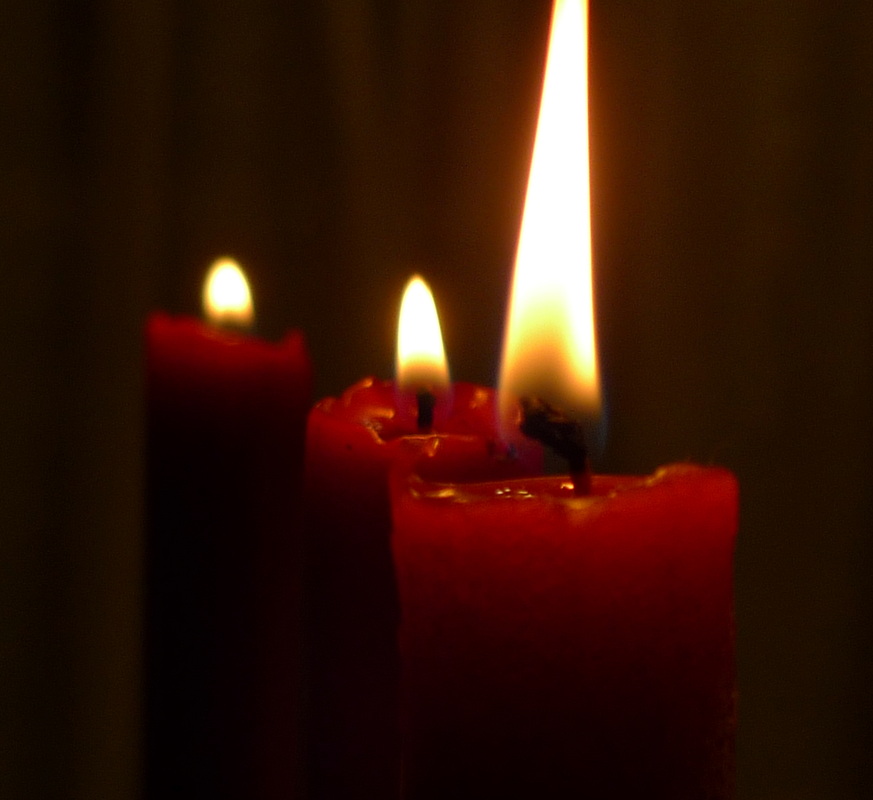
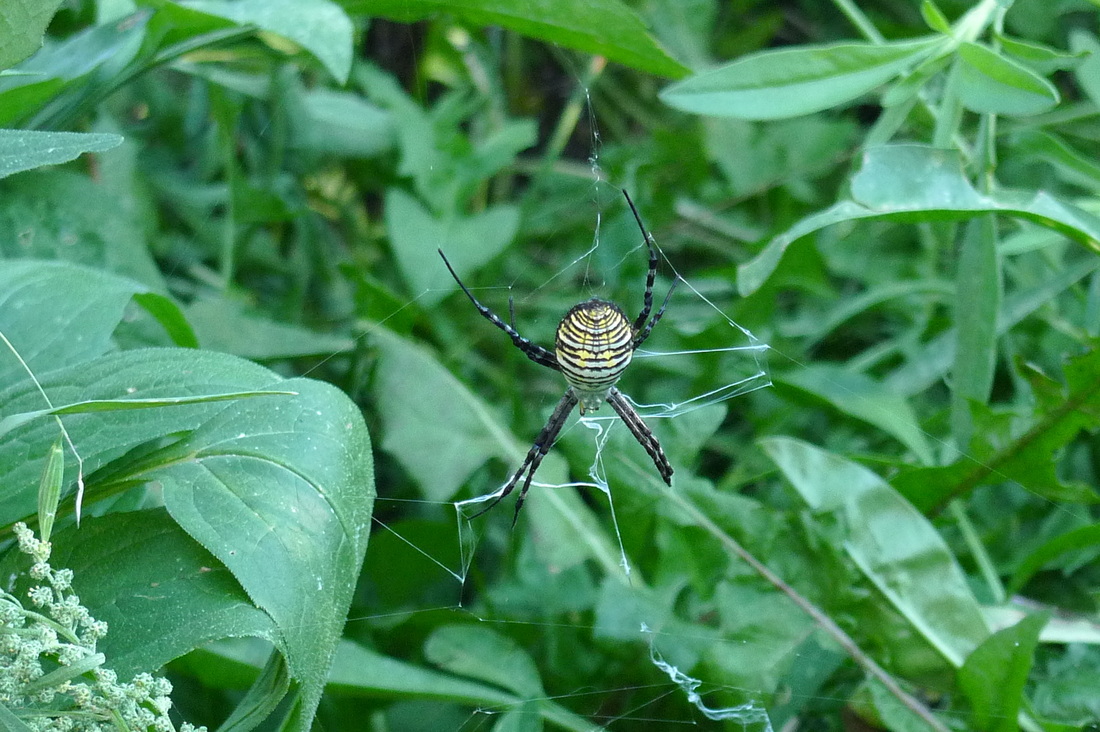
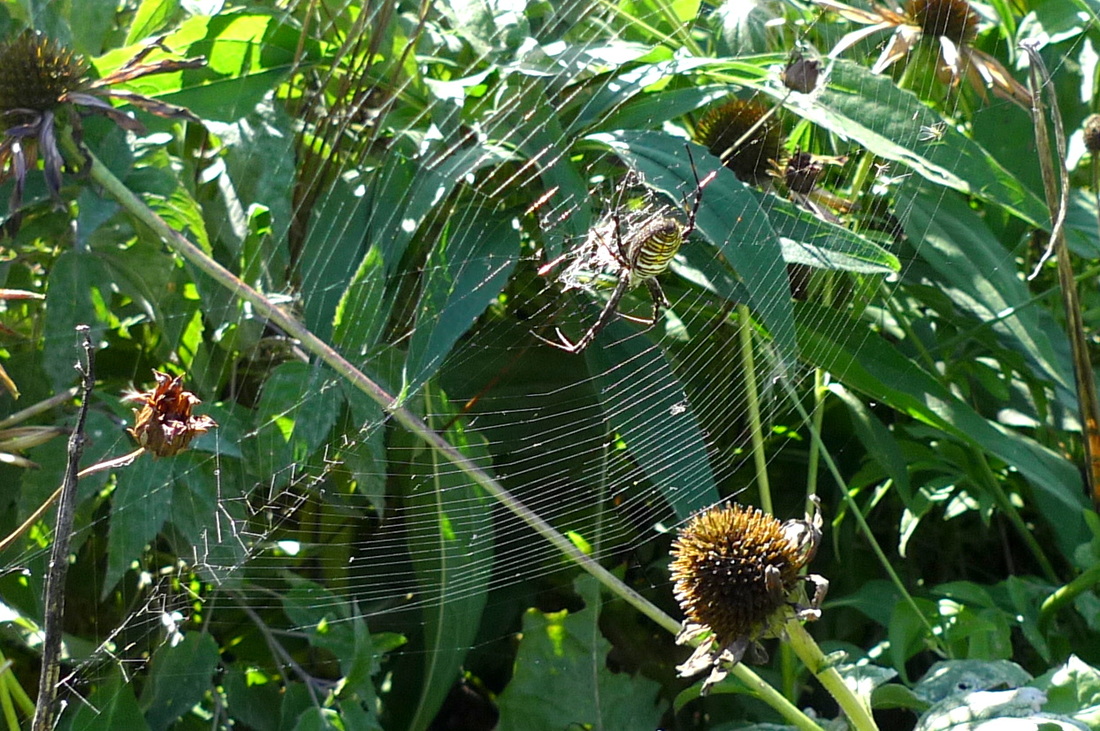
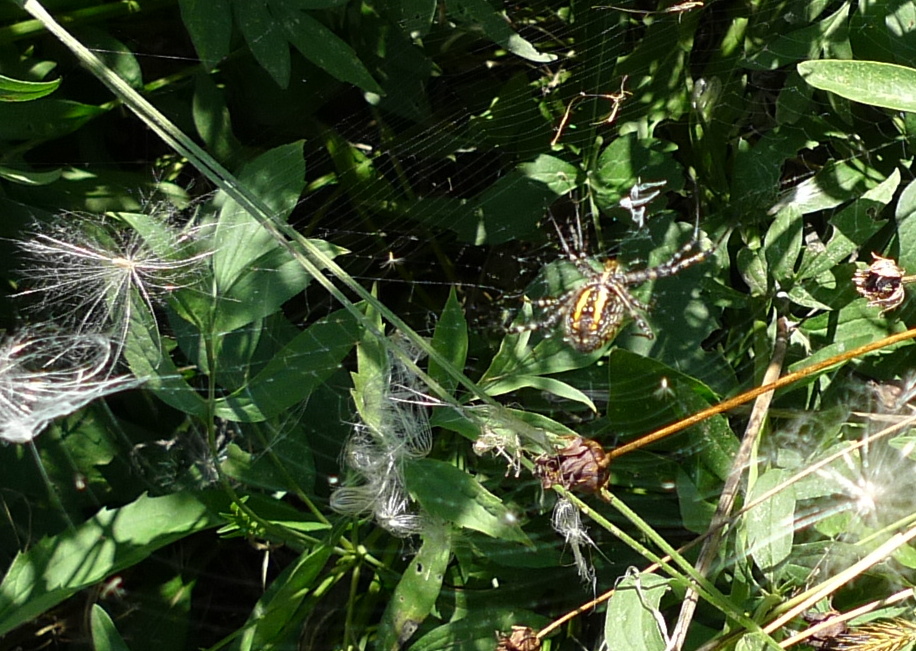
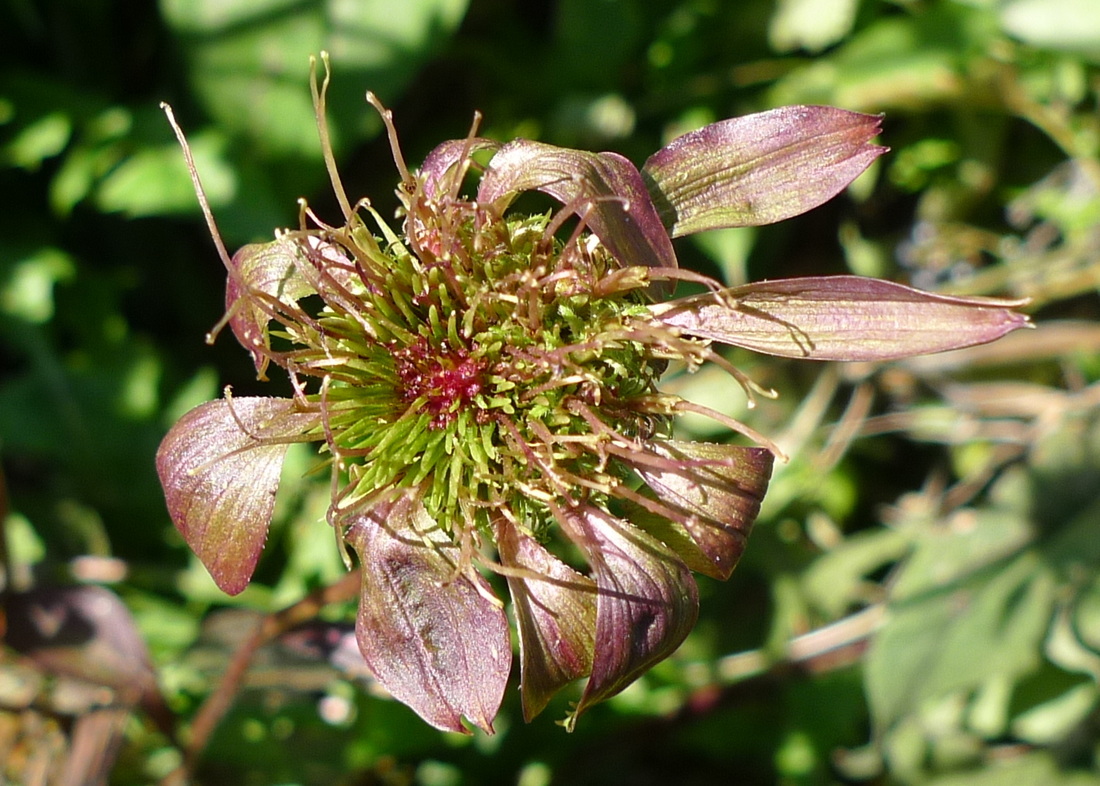
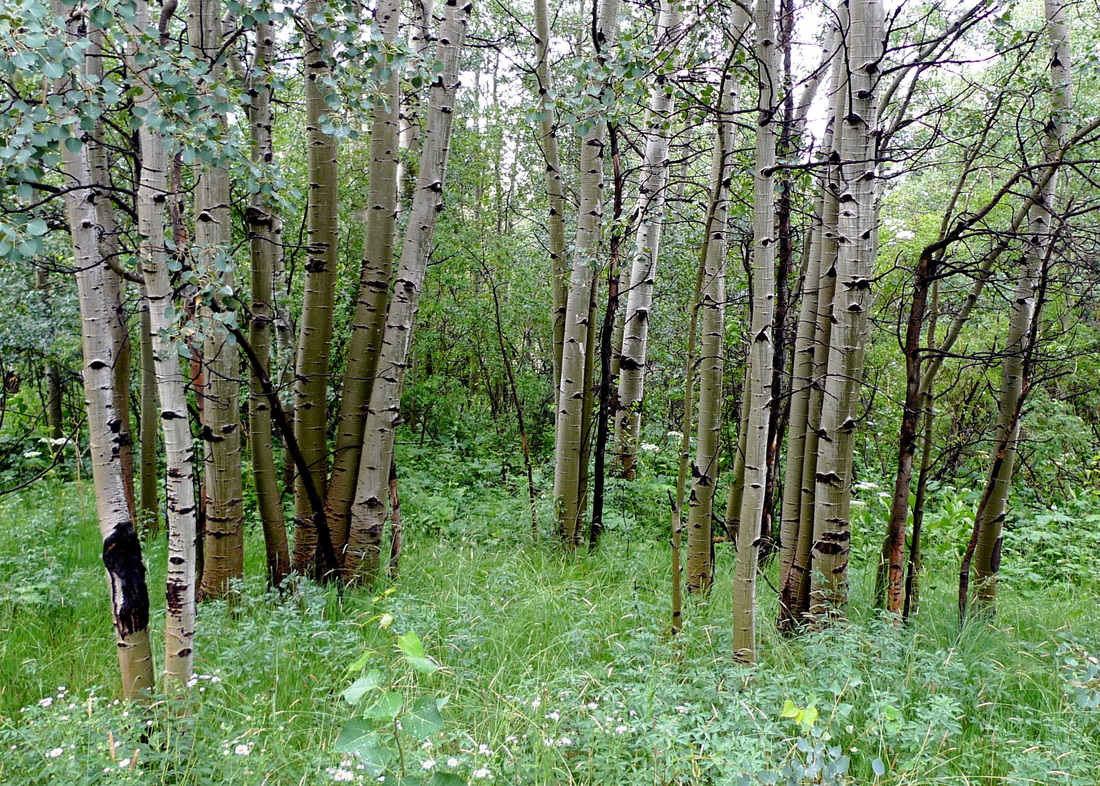
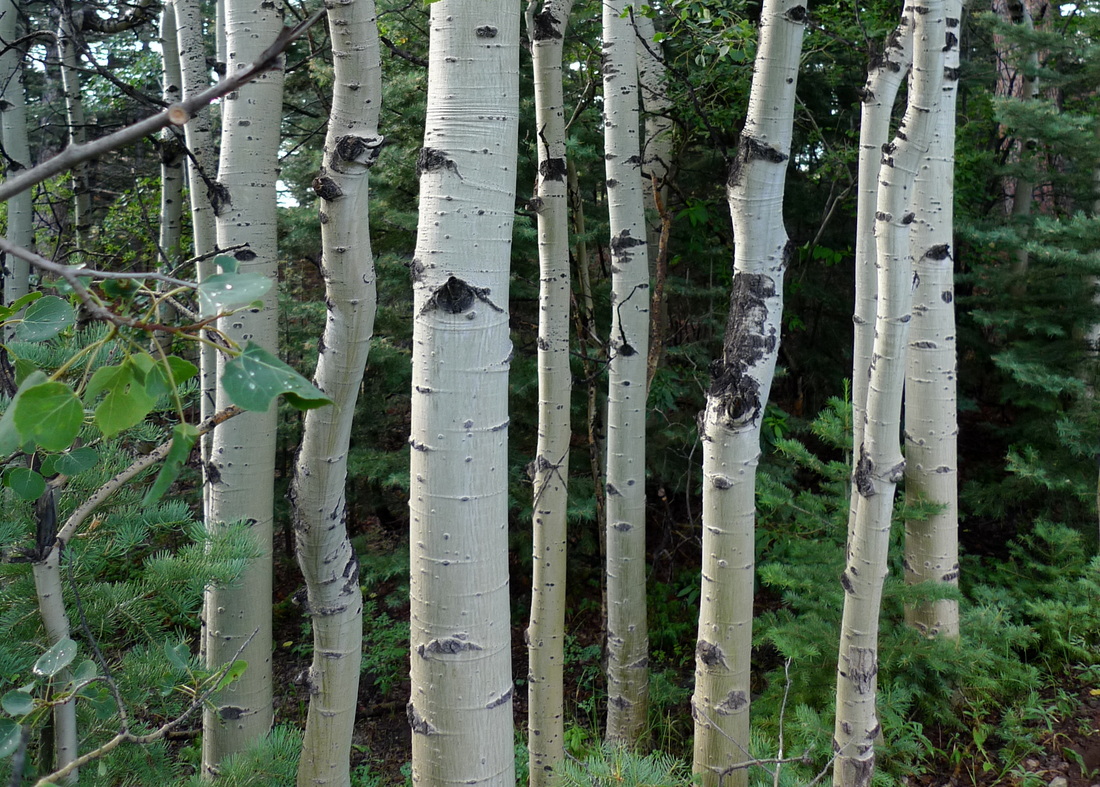
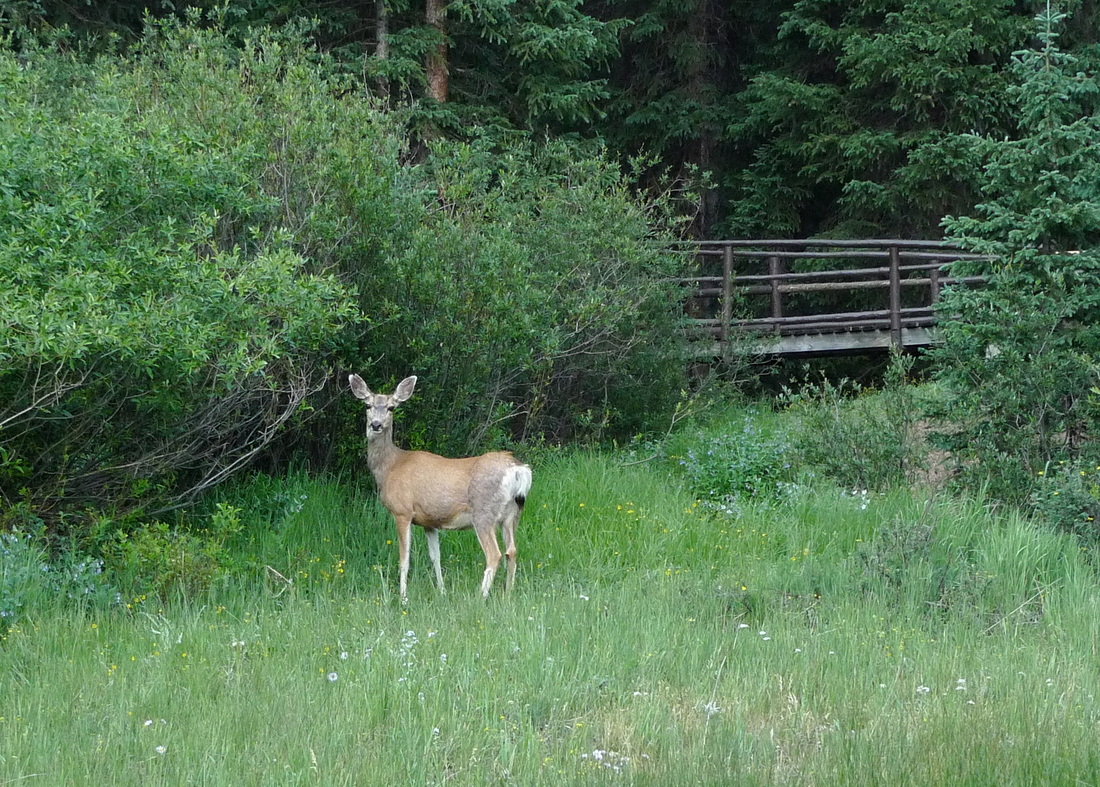
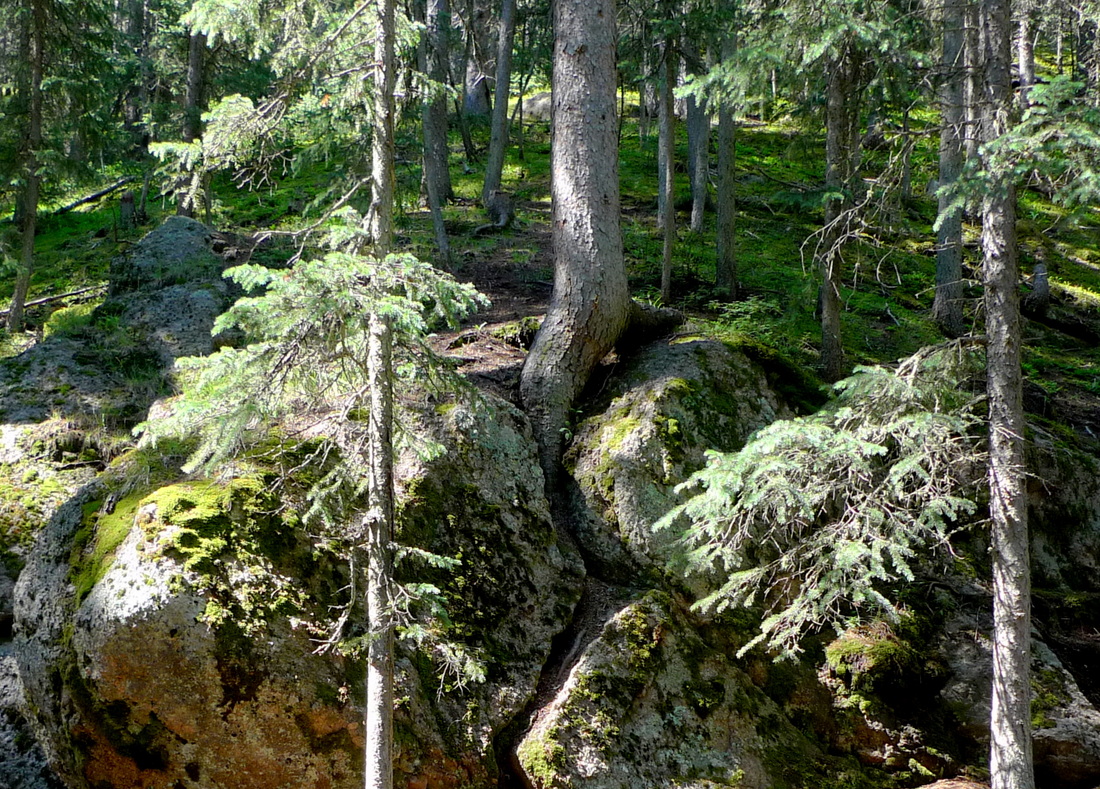
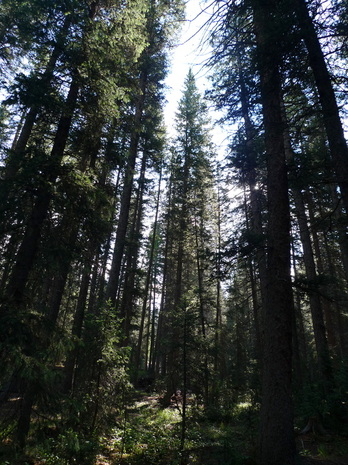
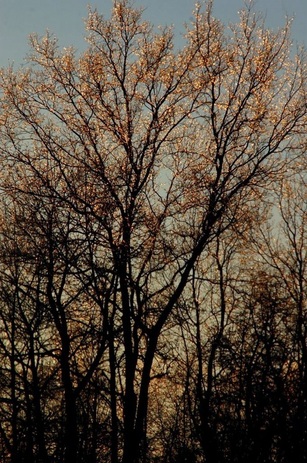
 RSS Feed
RSS Feed